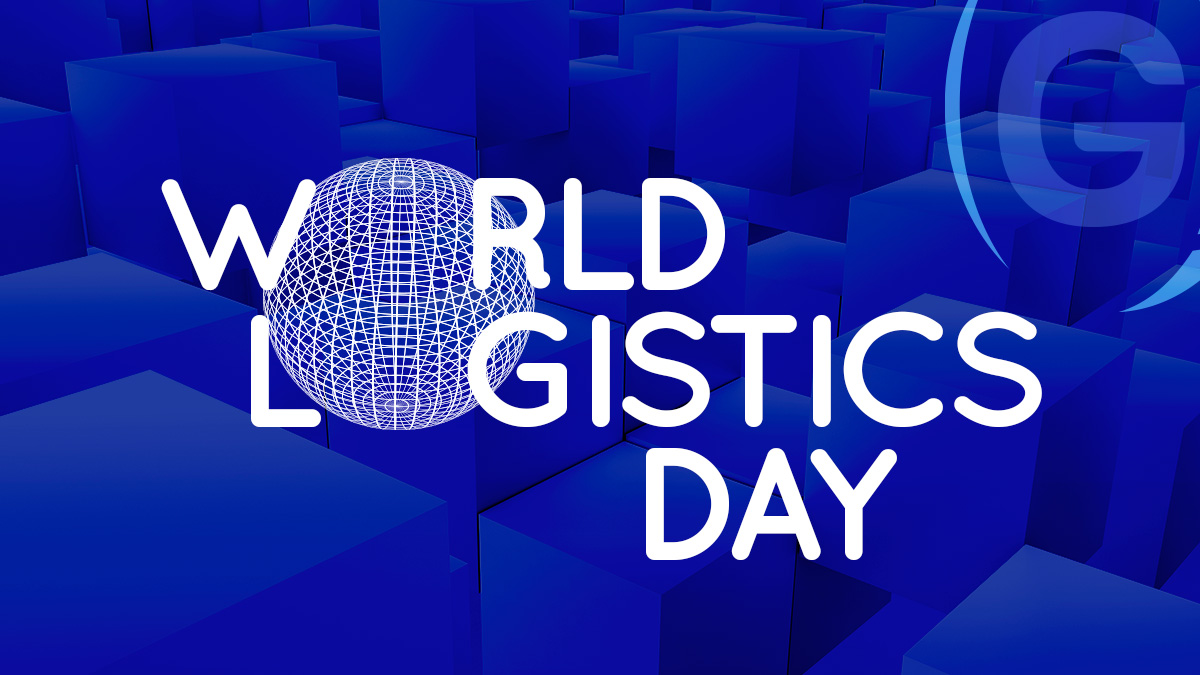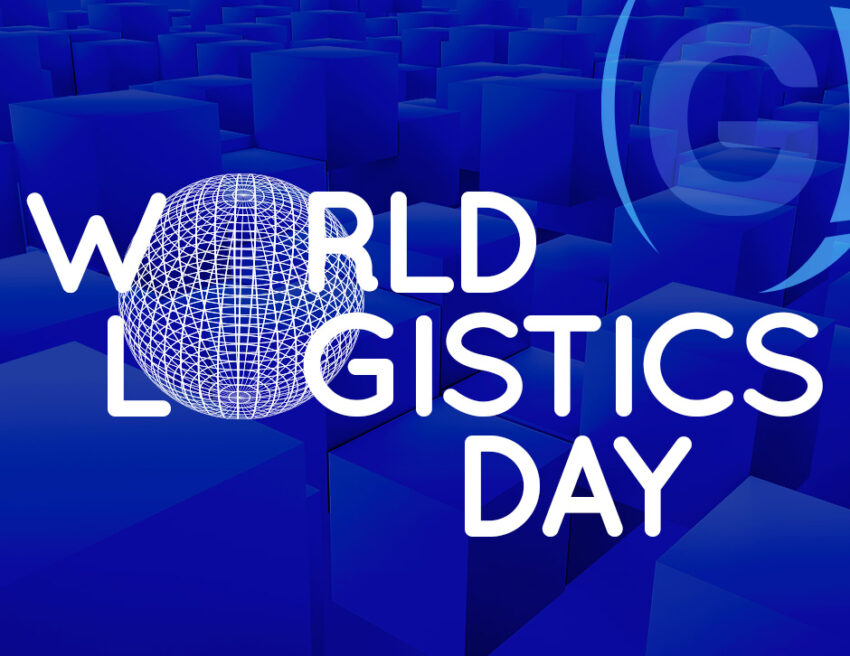In today’s fast-paced, interconnected world, the transportation and logistics industry is the unsung hero that keeps everything running smoothly. From the food we eat to the gadgets we use, logistics plays a crucial role in ensuring that goods and services are delivered efficiently and on time. World Logistics Day which was observed last week on the 28th of June is a perfect occasion to recognize and celebrate the vital contributions of the logistics industry to our global economy and everyday lives. In today’s blog, we are going to talk about the crucial role logistics plays in running the modern world.

The role of transportation and logistics industry in our day-to-day life
What is Logistics?
Logistics is the science of moving things from one place to another. It’s all about getting things where they need to go. While it may seem straightforward, logistics is a big and complex field with many facets, not solely driven by profit. When you think of logistics, you might picture large trucks carrying expensive items on pallets for delivery. However, logistics is much more intertwined with various aspects of our daily lives.
More Than Just Big Shipments
The transportation and logistics industry is not all about moving giant shipments to make a profit from their products. So, what else is logistics? How does it help us navigate our daily lives? You might be surprised to discover just how involved logistics is in your every move throughout the day.
The idea that “everything comes from something” is a fundamental principle in many ancient philosophies and a common-sense observation. Everything we see around us does not just magically appear; it has a cause. For example, a house comes from bricks and wood, the bricks come from clay or other natural minerals sourced from the earth, and the wood from the tree that came from the seed.
Understanding the Importance of Logistics
This philosophy helps us understand the monumental importance of logistics in everyday life. Logistics is involved in every step of this chain, from sourcing raw materials to delivering the final product. Whether it’s the food on your table, the clothes you wear, or the gadgets you use, logistics plays a crucial role in ensuring that everything reaches you efficiently and on time.
Logistics is not just about moving goods; it’s about coordinating complex systems, managing supply chains, and ensuring that every component of our modern life is in place. It’s a vital part of our world, making sure that the flow of goods and services is smooth and efficient.
By appreciating the essence of logistics, we can better understand and value the immense effort that goes into making our daily lives run seamlessly. So, the next time you receive a package or buy a product, remember the intricate logistics network that made it possible.
The Importance of Logistics
Logistics is the backbone of global trade and commerce. It involves the management of the flow of goods, information, and resources from the point of origin to the point of consumption. This complex process includes transportation, warehousing, inventory management, order fulfillment, and distribution. Without logistics, businesses would struggle to operate, and consumers would face shortages and delays.
Enabling Global Trade
One of the most significant impacts of logistics is its ability to facilitate global trade. Thanks to advancements in logistics, companies can source raw materials from different parts of the world, manufacture products in multiple countries, and deliver them to consumers across continents. This interconnectedness has led to the rise of global supply chains, making it possible for businesses to reach new markets and for consumers to access a diverse range of products.
Enhancing E-Commerce
The e-commerce boom of the past decade has been made possible by sophisticated logistics networks. Online retailers like Amazon, Alibaba, and eBay rely on efficient logistics to fulfill millions of orders daily. Warehouses equipped with advanced inventory management systems, automated picking and packing processes, and reliable last-mile delivery services ensure that customers receive their orders quickly and accurately. The convenience of online shopping is a testament to the power of modern logistics.
Supporting Humanitarian Efforts
Logistics is not just about commerce; it also plays a crucial role in humanitarian efforts. During natural disasters, conflicts, or pandemics, logistics professionals work tirelessly to deliver essential supplies such as food, water, medical equipment, and shelter to affected areas. Organizations like the World Food Programme (WFP) and the International Federation of Red Cross and Red Crescent Societies (IFRC) depend on efficient logistics to provide timely aid and save lives.
Driving Technological Innovation
The logistics industry is at the forefront of technological innovation. Advances in technology such as the Internet of Things (IoT), artificial intelligence (AI), blockchain, and autonomous vehicles are transforming logistics operations. IoT devices enable real-time tracking of shipments, AI algorithms optimize routing and inventory management, blockchain ensures transparency and security in supply chains, and autonomous vehicles promise to revolutionize transportation. These innovations enhance efficiency, reduce costs, and improve the overall reliability of logistics.
Sustainable Logistics
As the world becomes more environmentally conscious, the logistics industry is also striving to reduce its carbon footprint. Sustainable logistics practices include optimizing transportation routes to minimize fuel consumption, using electric or hybrid vehicles, implementing eco-friendly packaging solutions, and adopting green warehousing practices. By embracing sustainability, logistics companies are not only contributing to environmental conservation but also meeting the growing demand for eco-friendly products and services.
The Future of Logistics
The future of logistics is promising and exciting. With the ongoing development of smart cities, the expansion of global trade, and the continuous evolution of technology, logistics will continue to be a driving force behind economic growth and societal progress. The industry will need to adapt to new challenges such as changing consumer expectations, geopolitical shifts, and climate change while seizing opportunities presented by digital transformation and innovation.
Conclusion
On World Logistics Day, we celebrate the critical role that logistics plays in making the world go round. From enabling global trade and supporting e-commerce to driving technological innovation and promoting sustainability, logistics is an indispensable part of our daily lives. As we look to the future, let’s acknowledge and appreciate the hard work and dedication of logistics professionals who keep the wheels of commerce and society turning.


